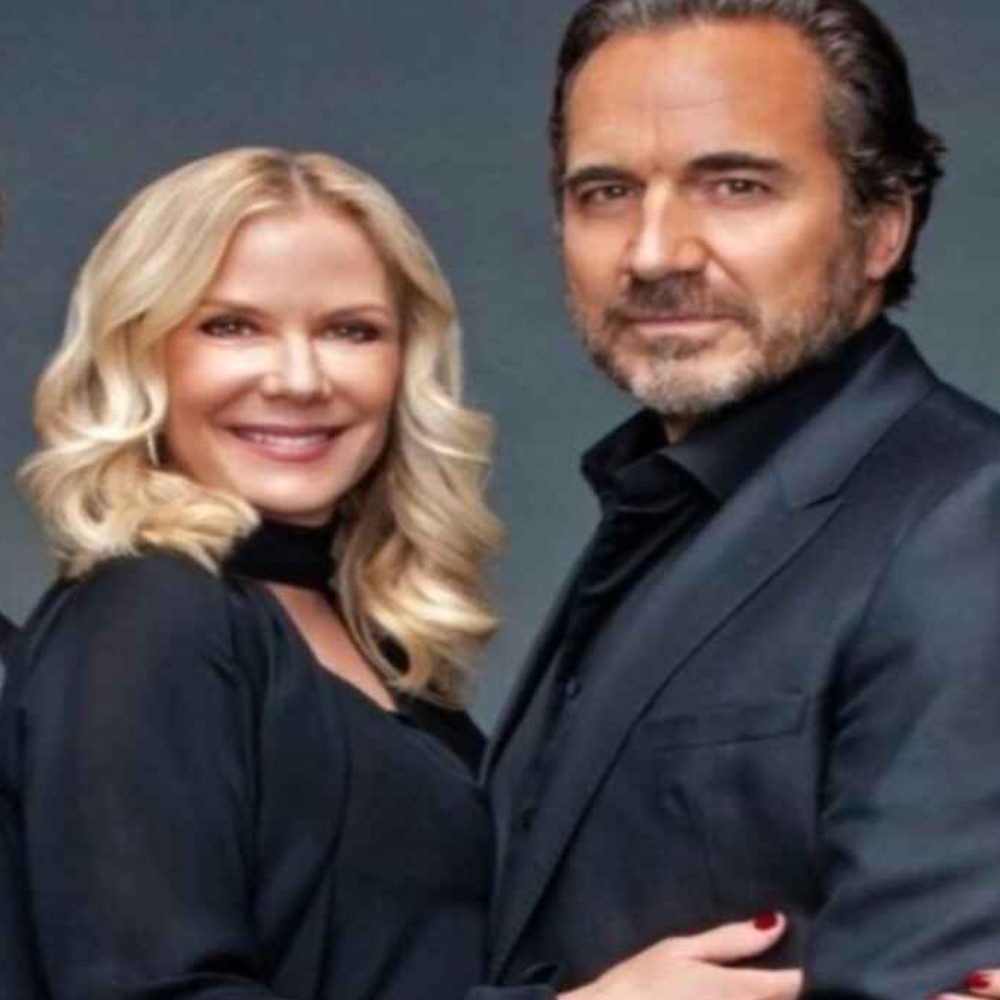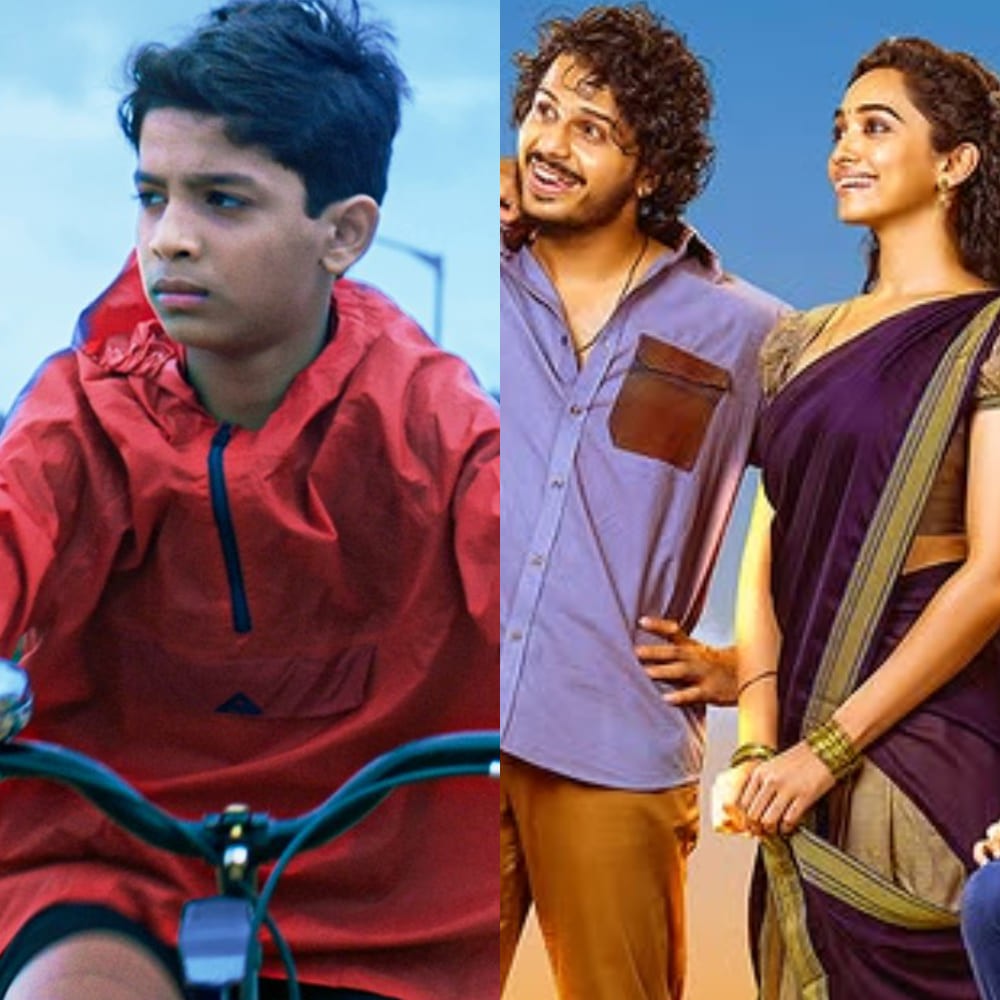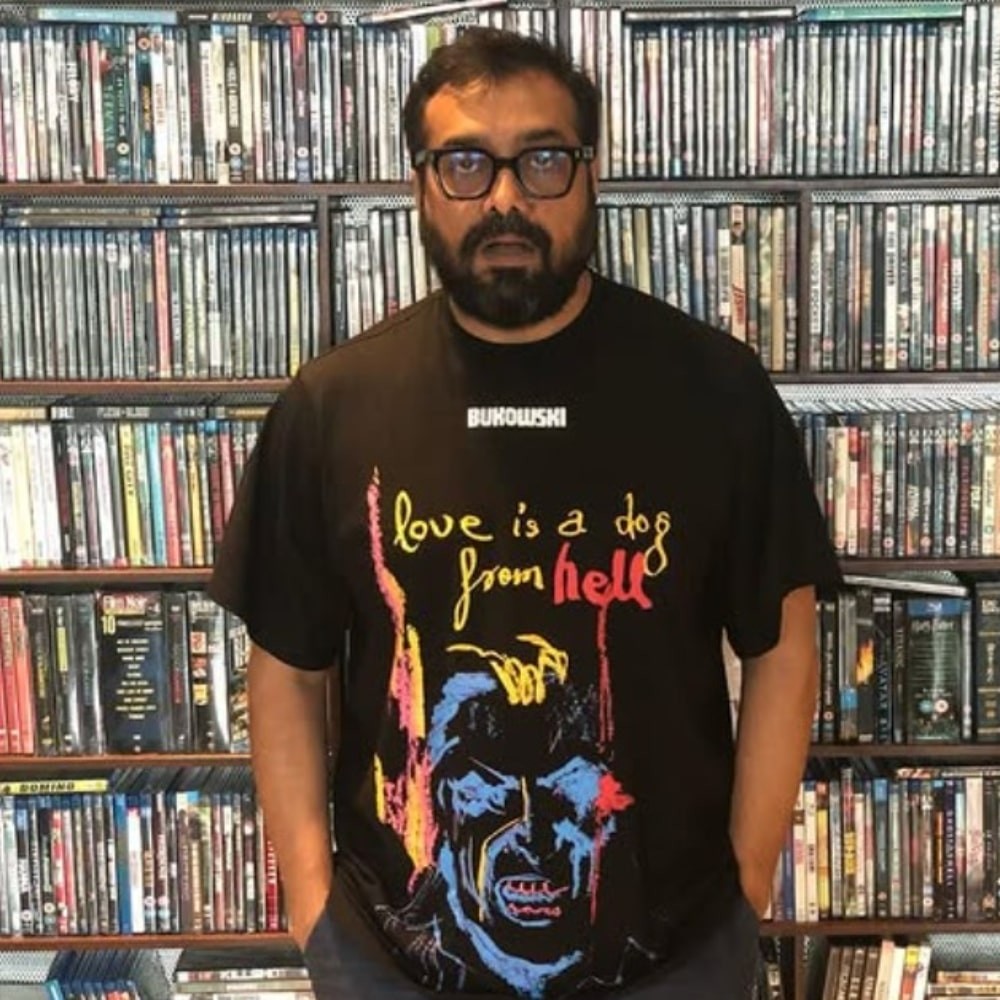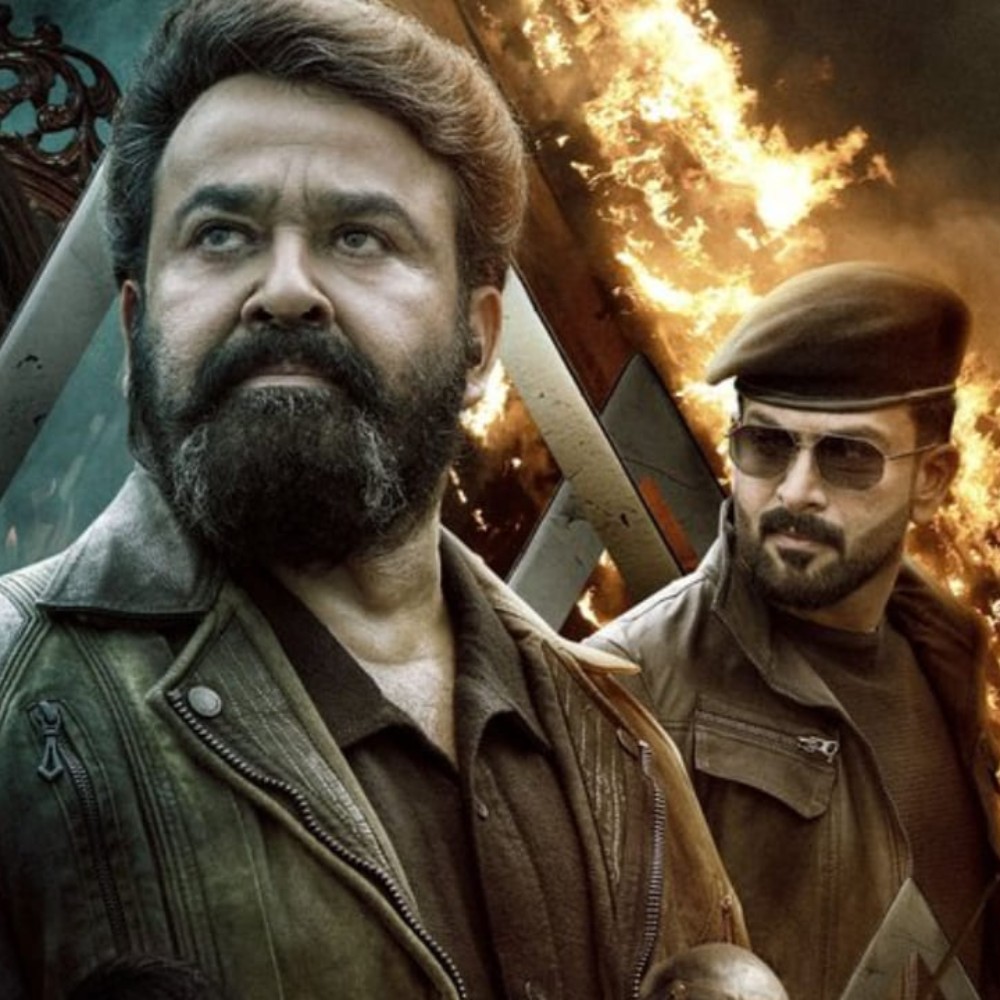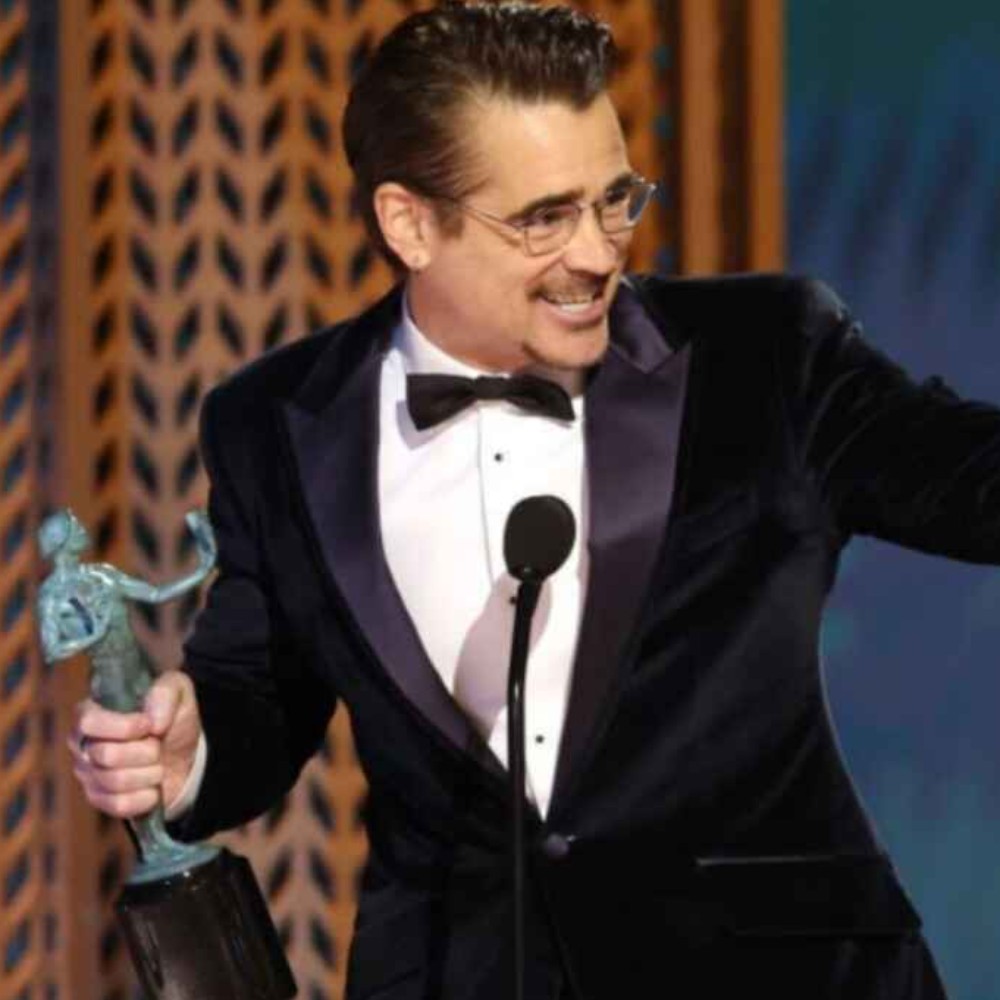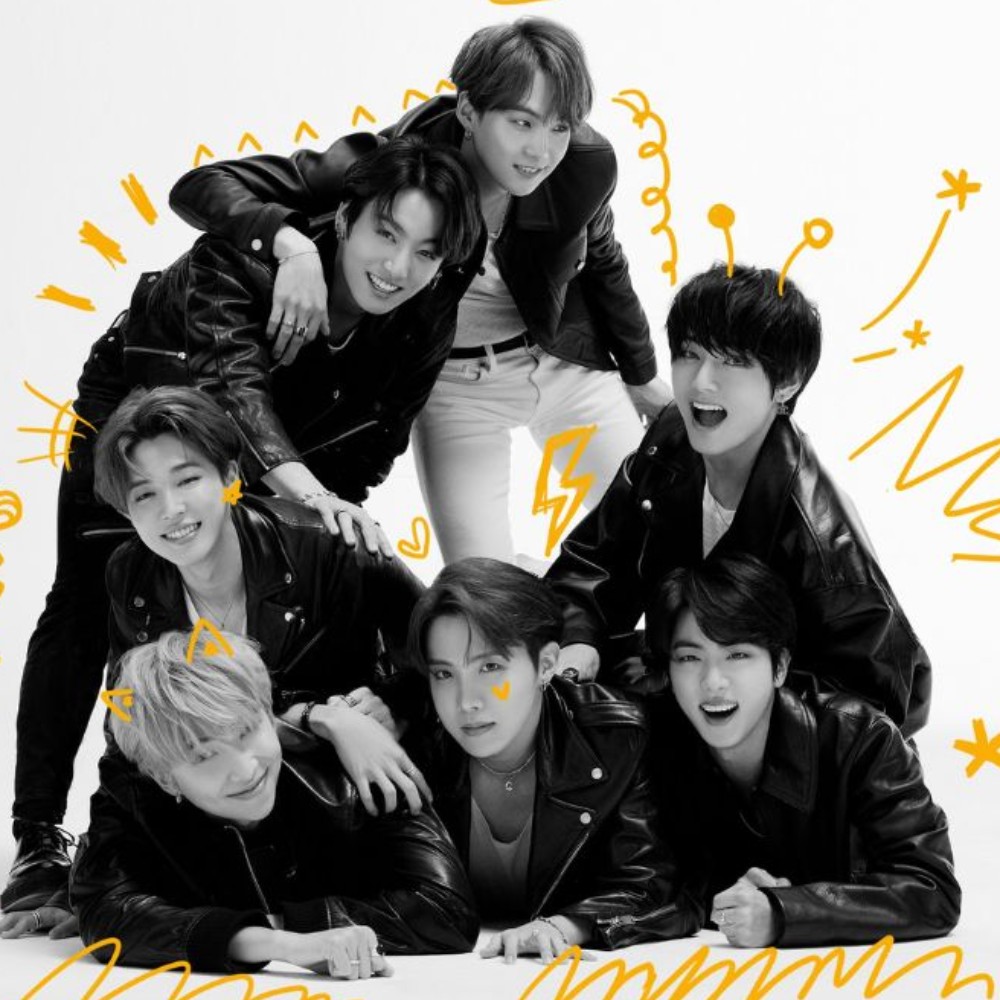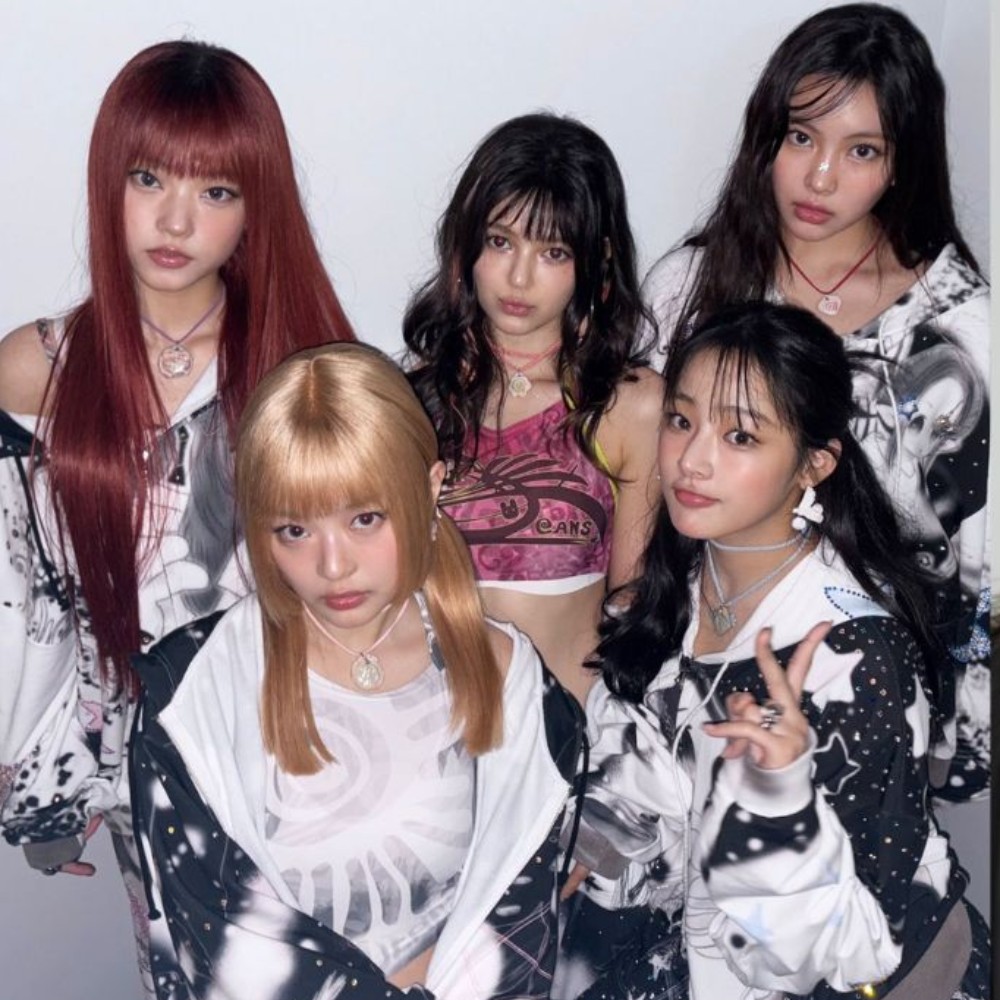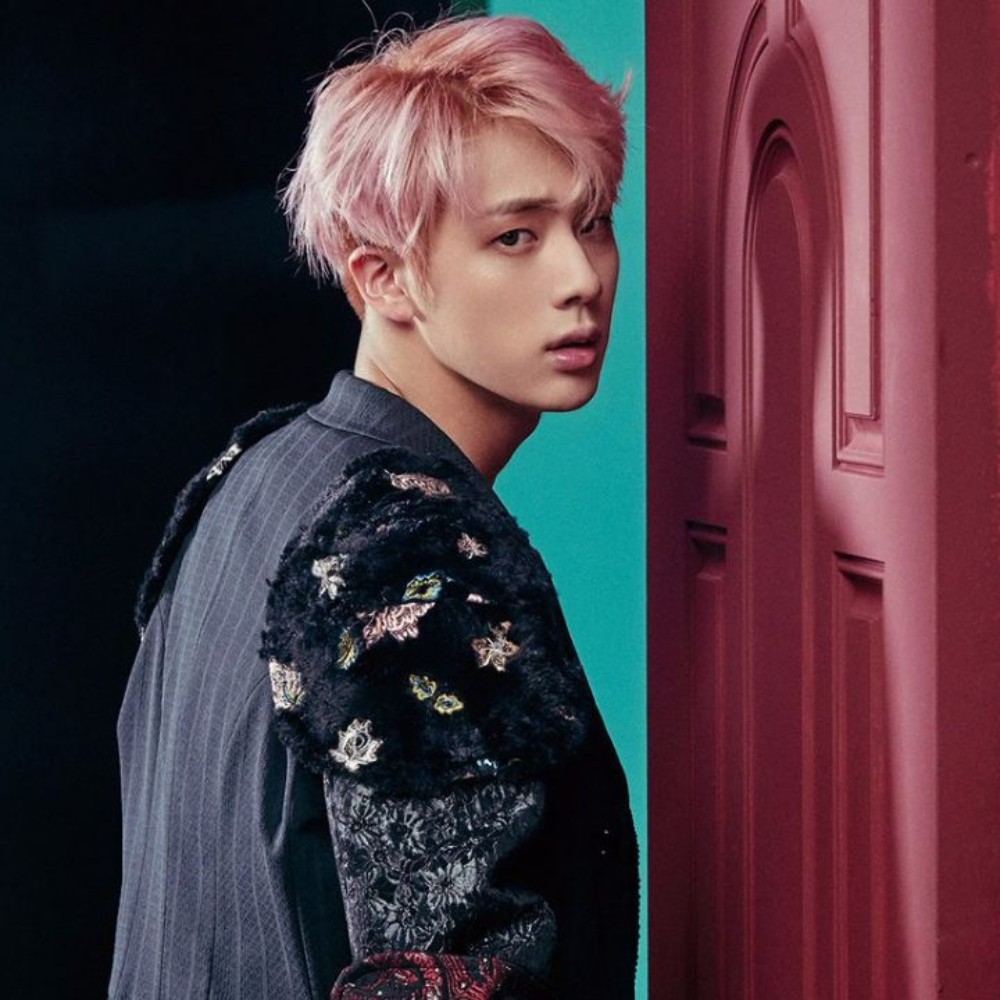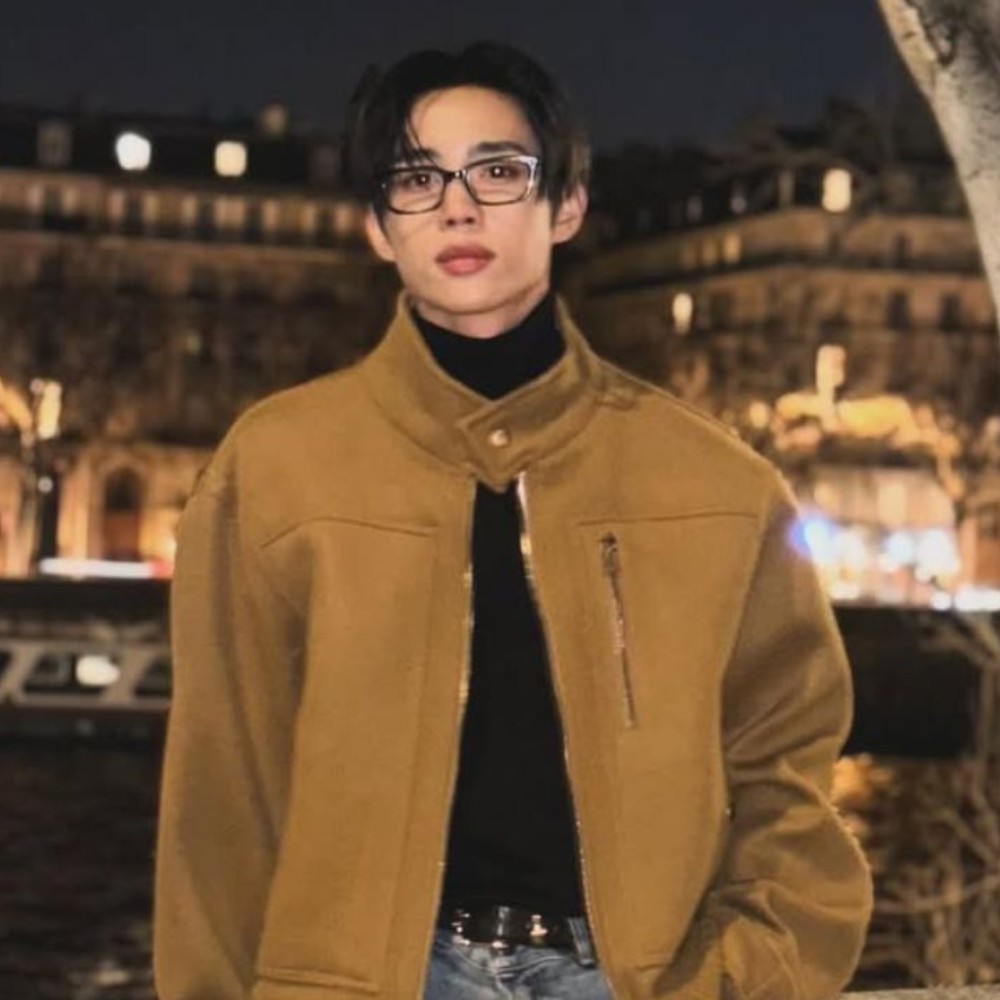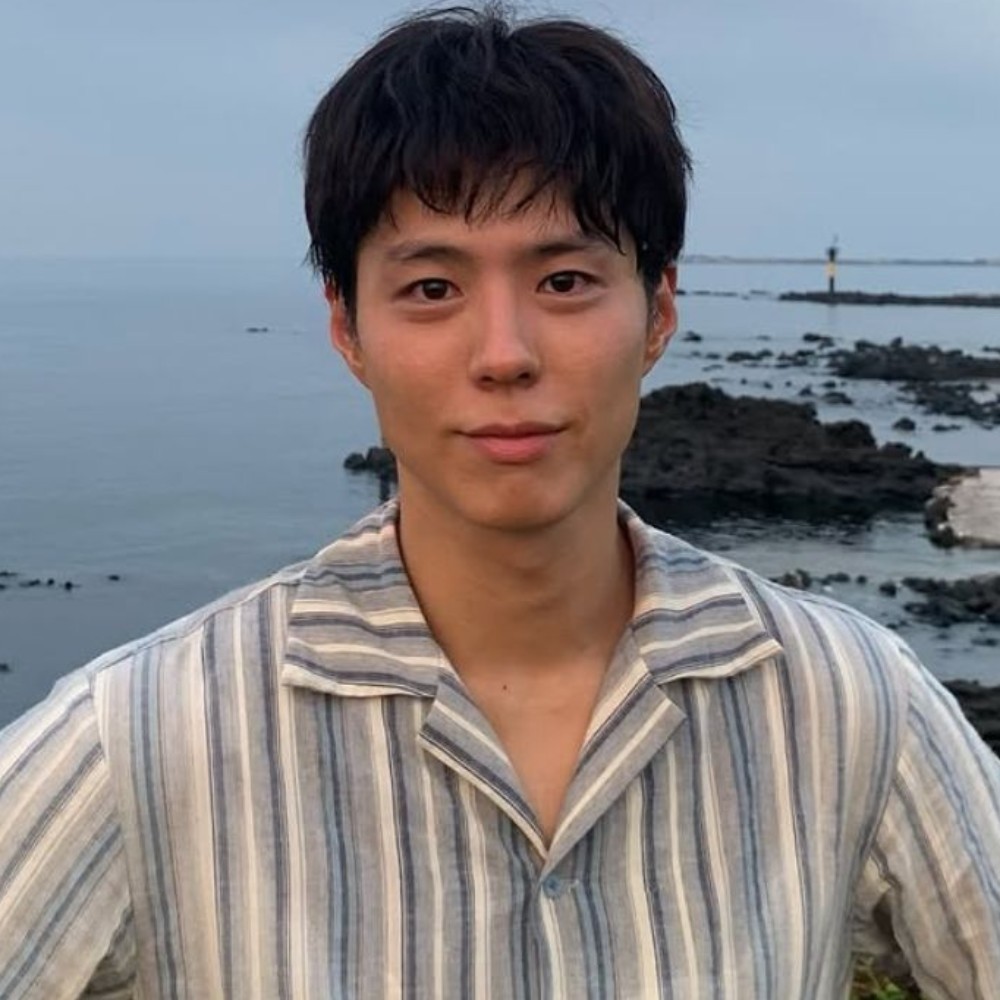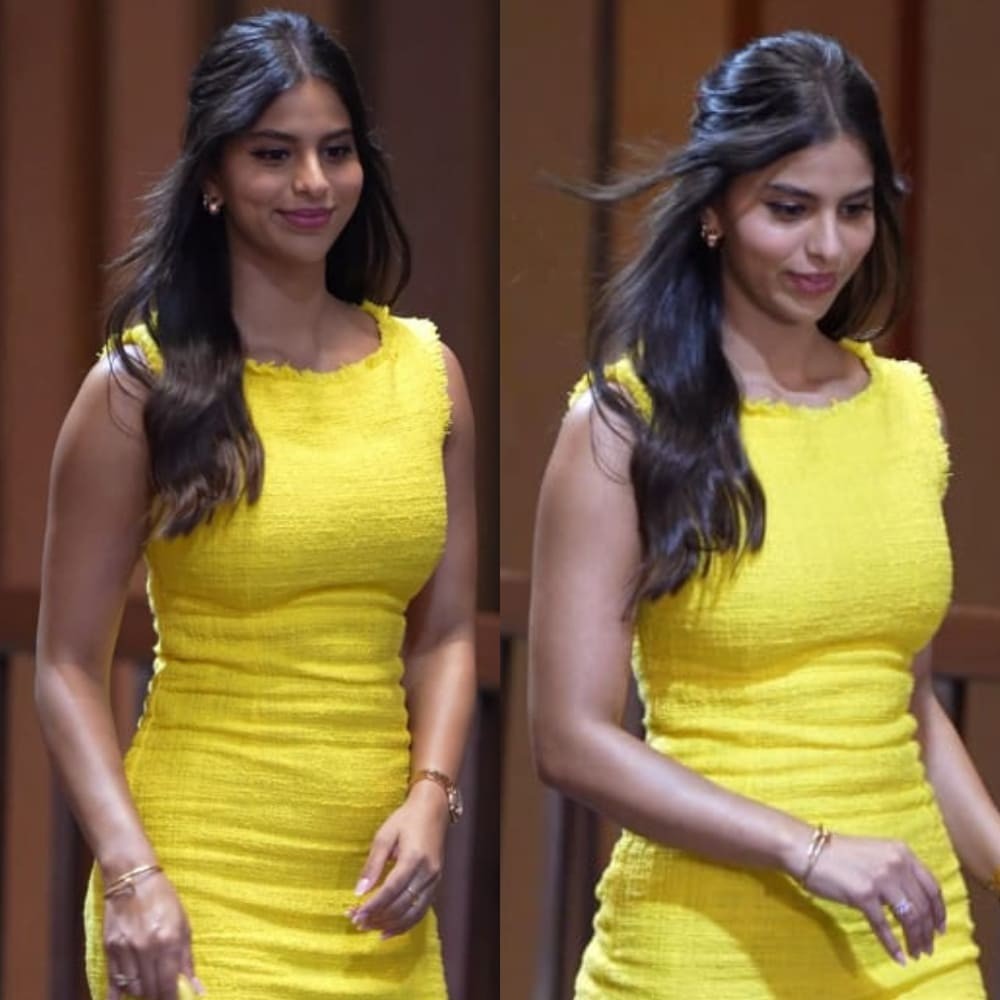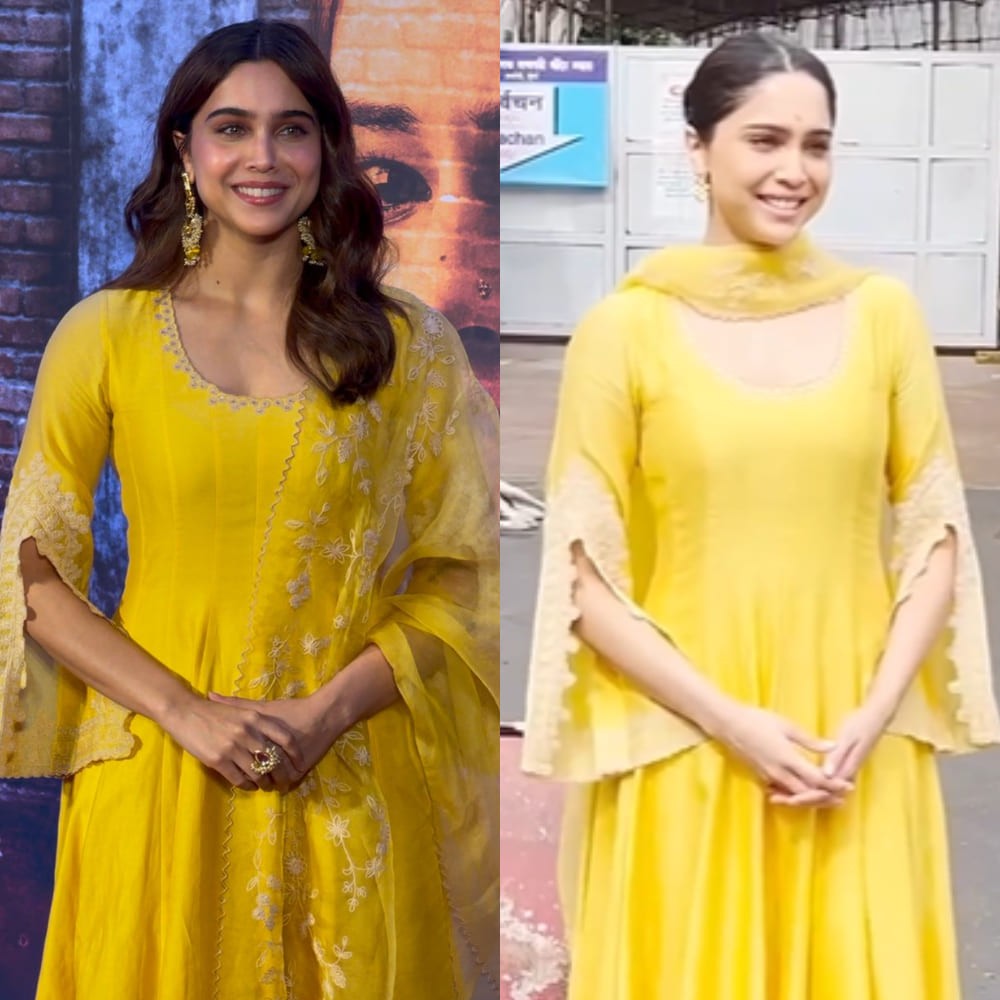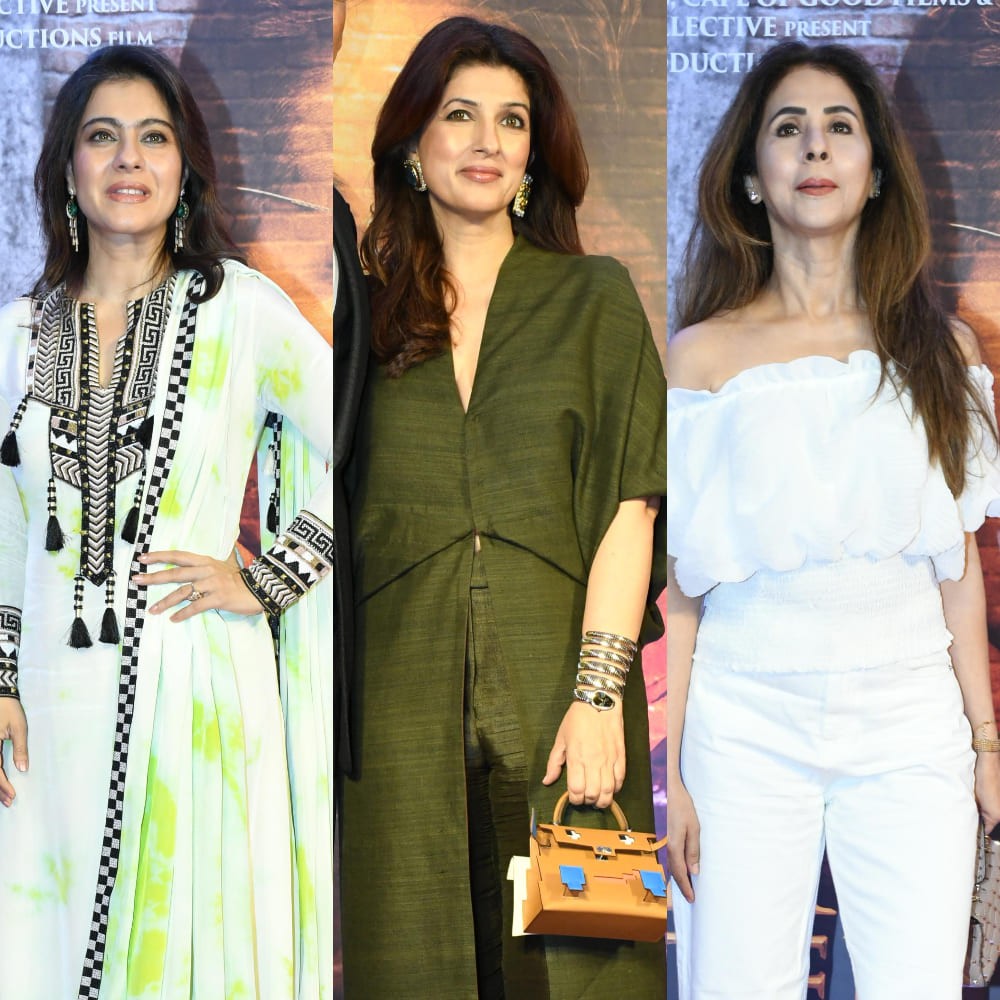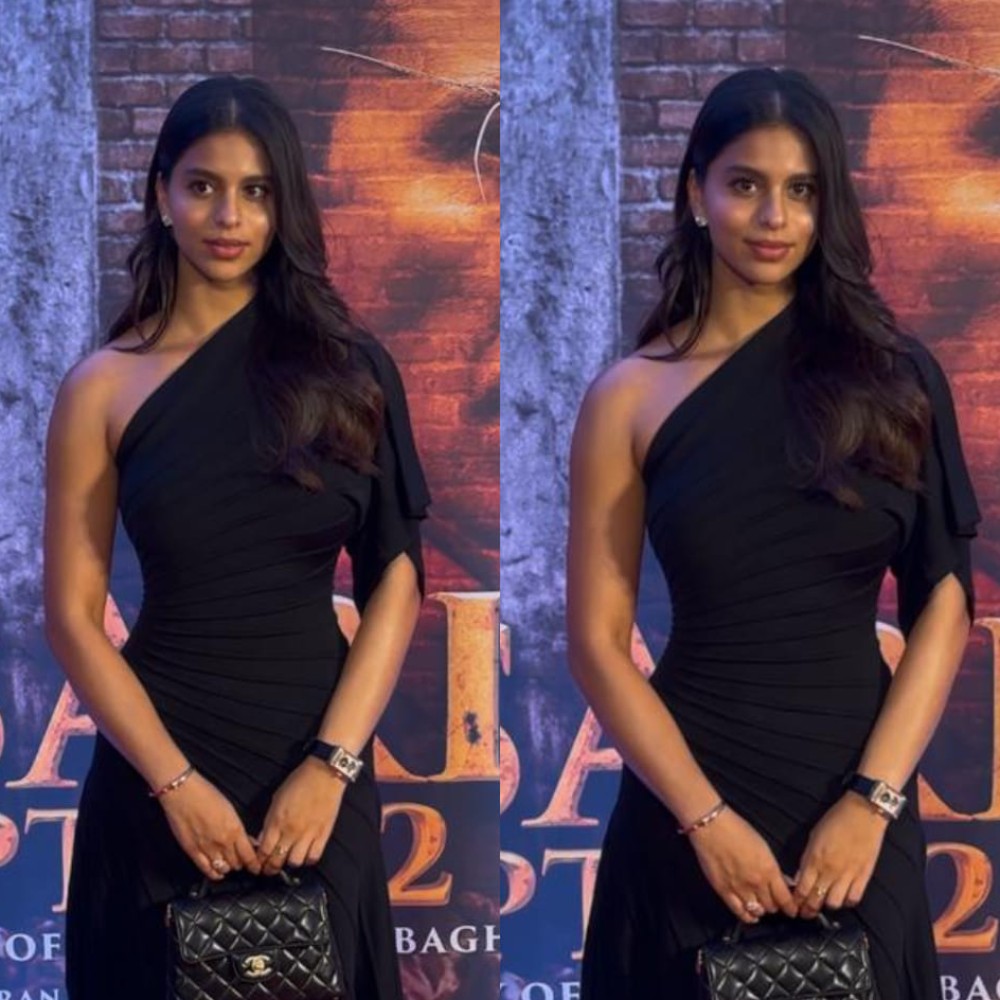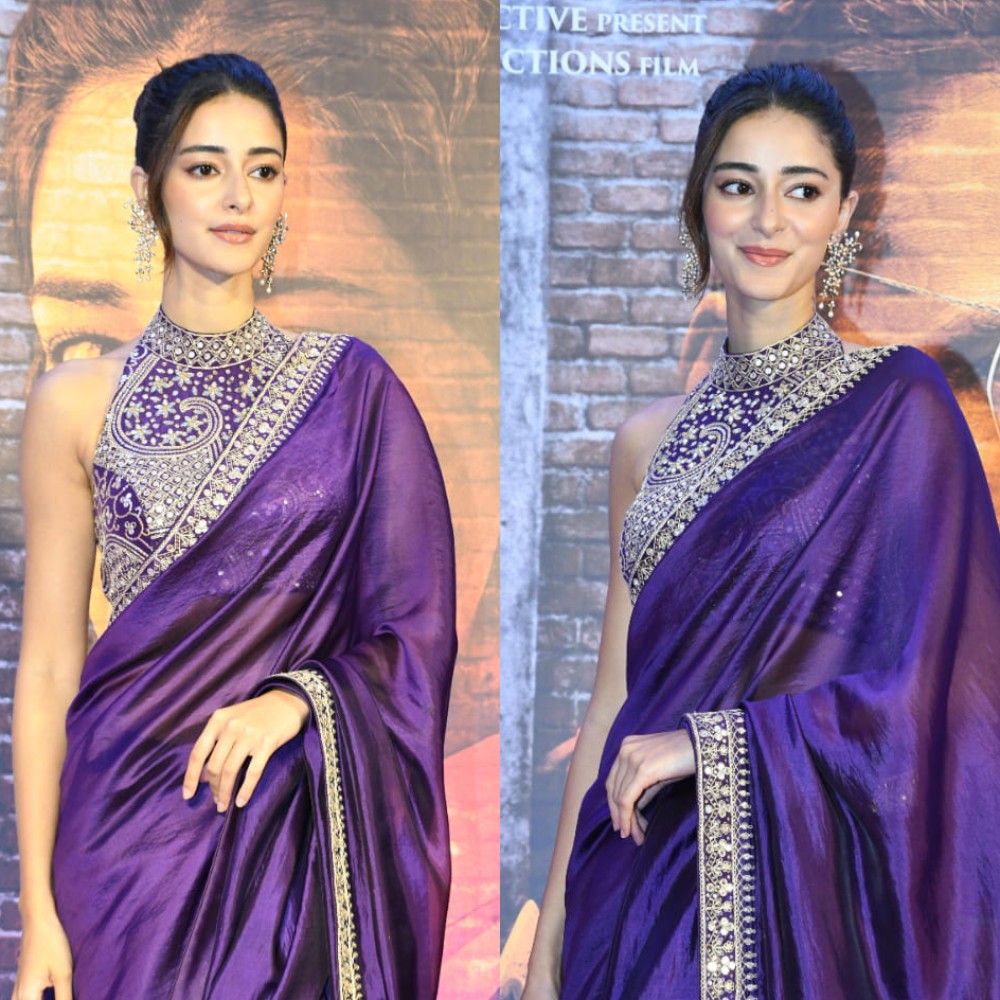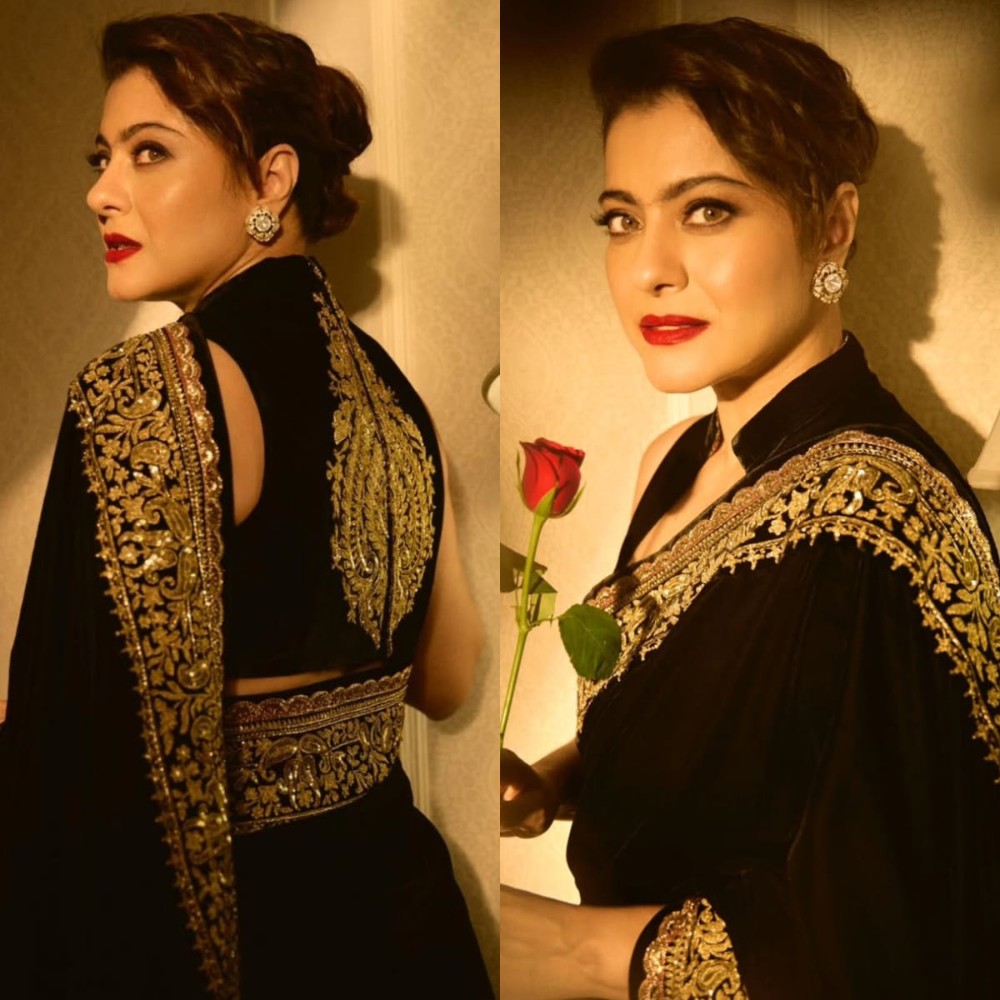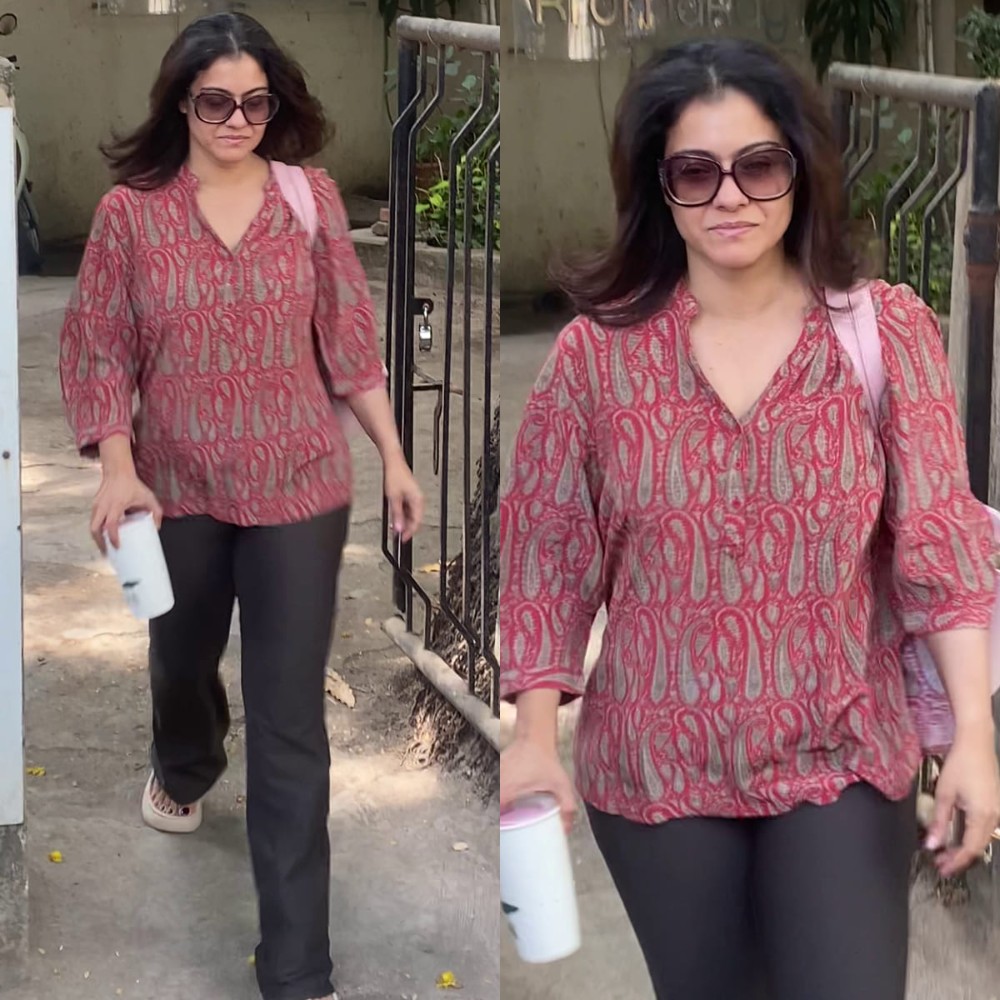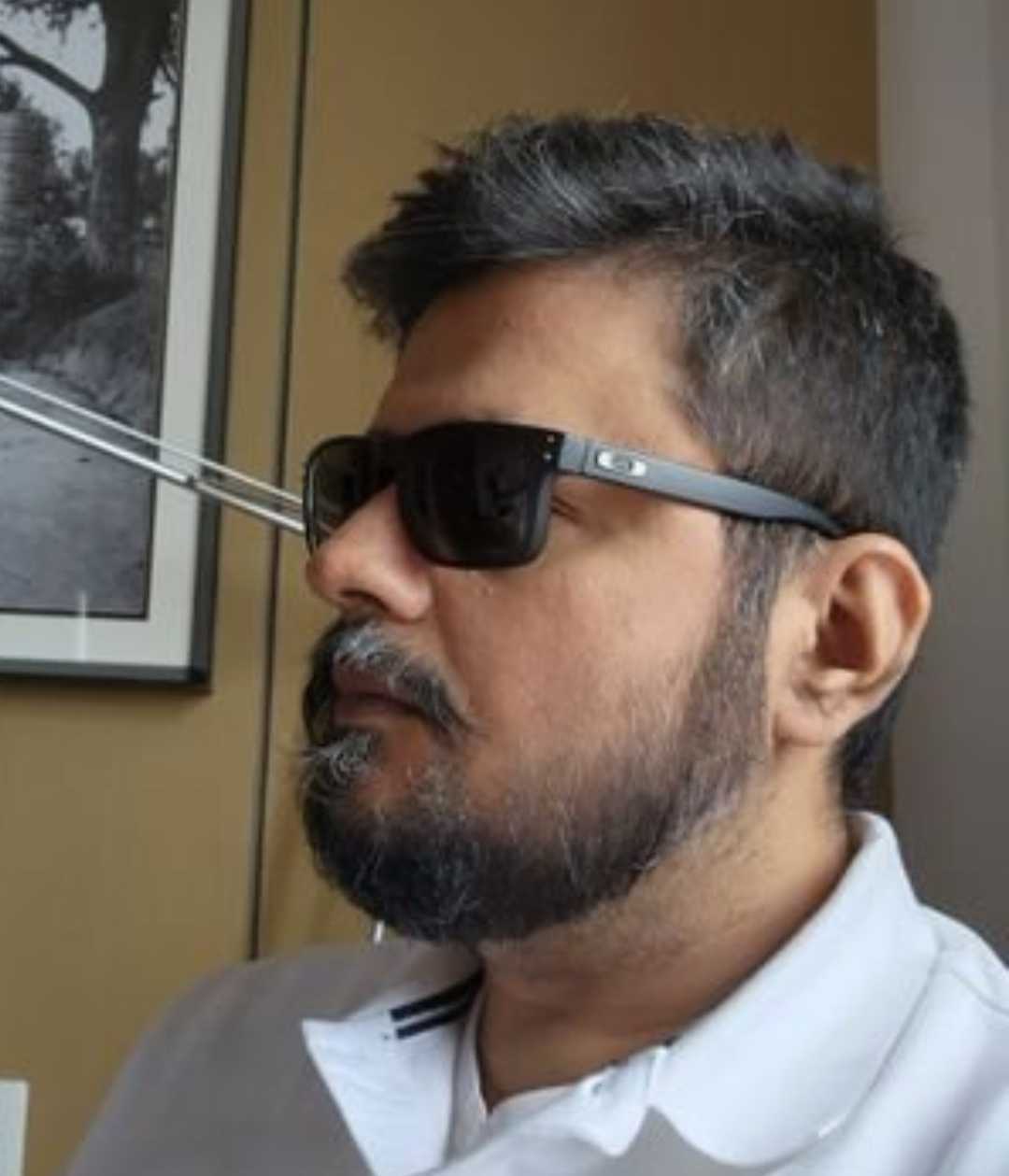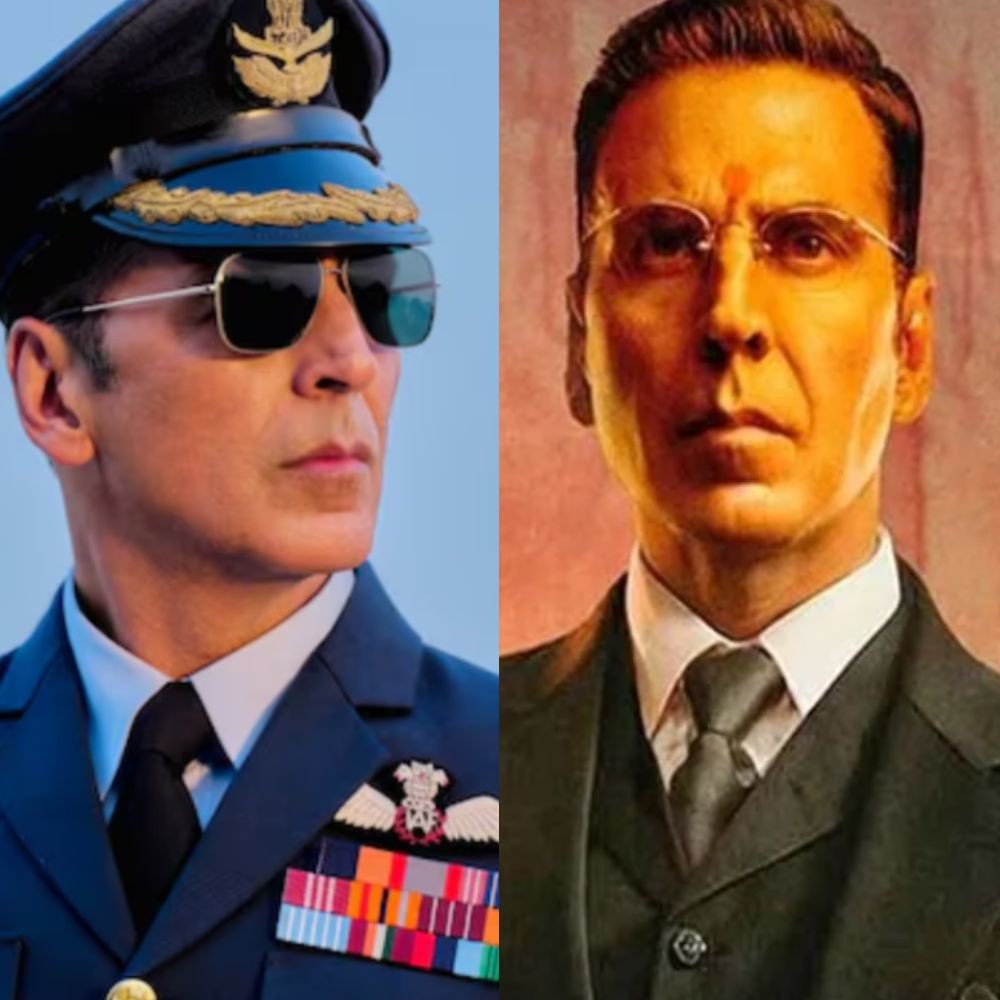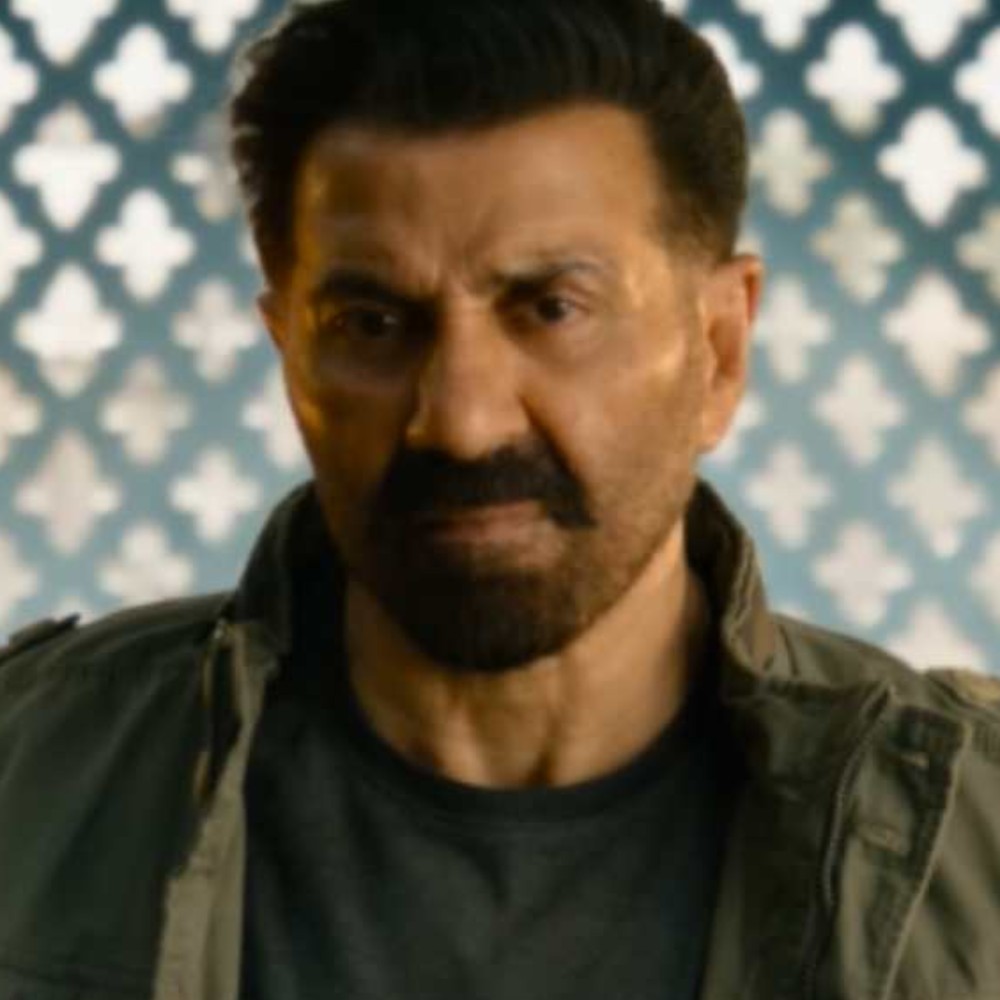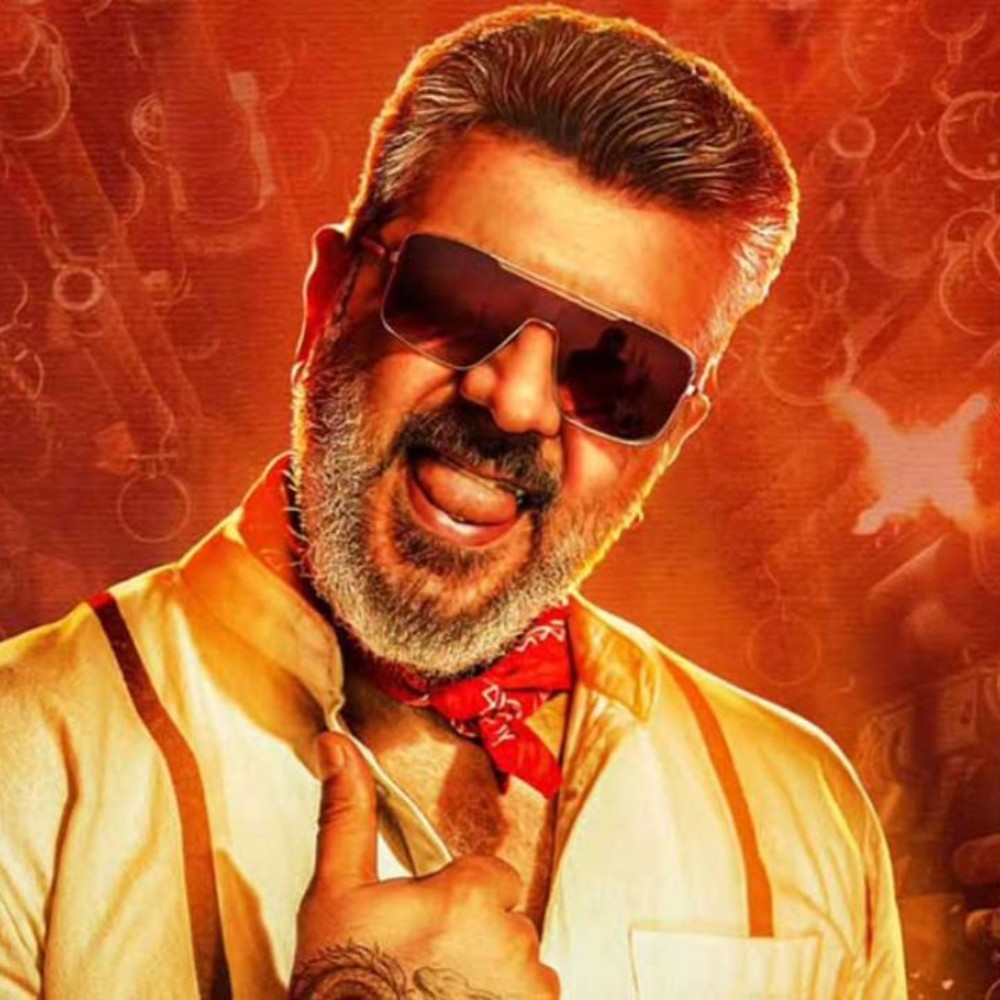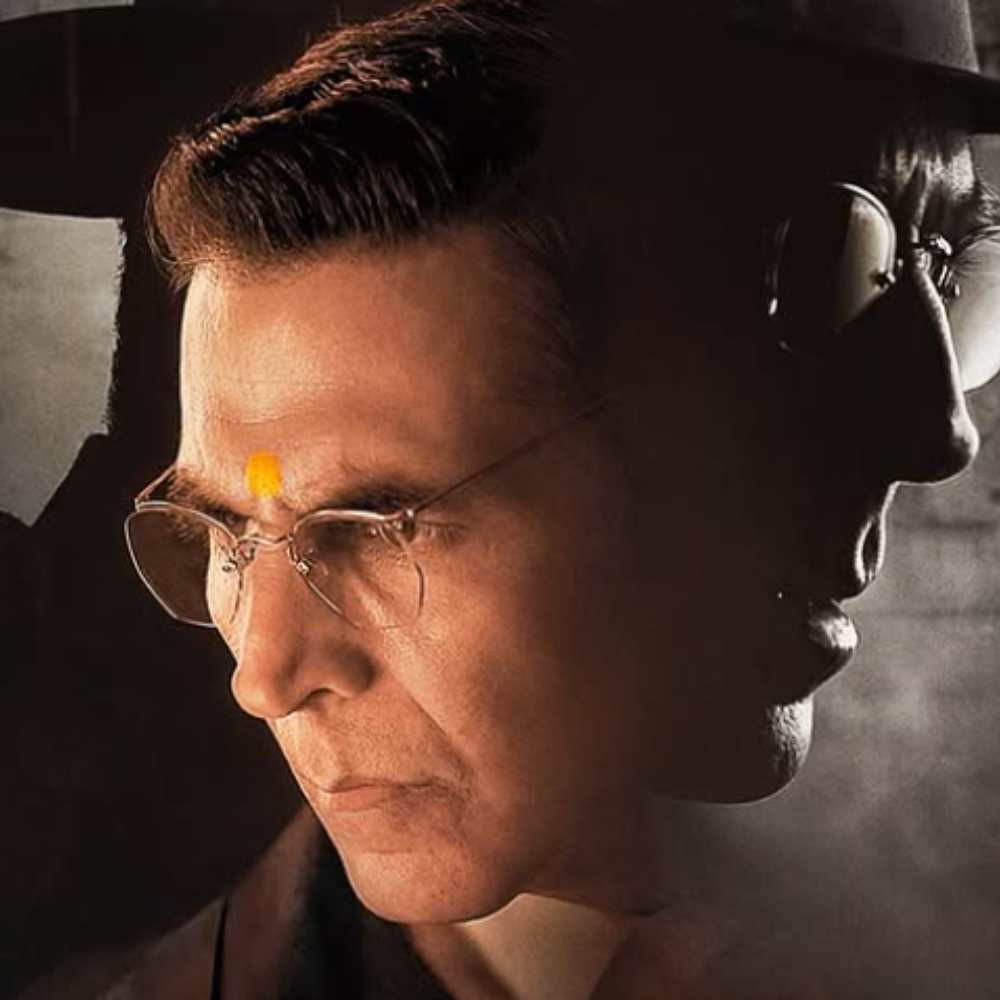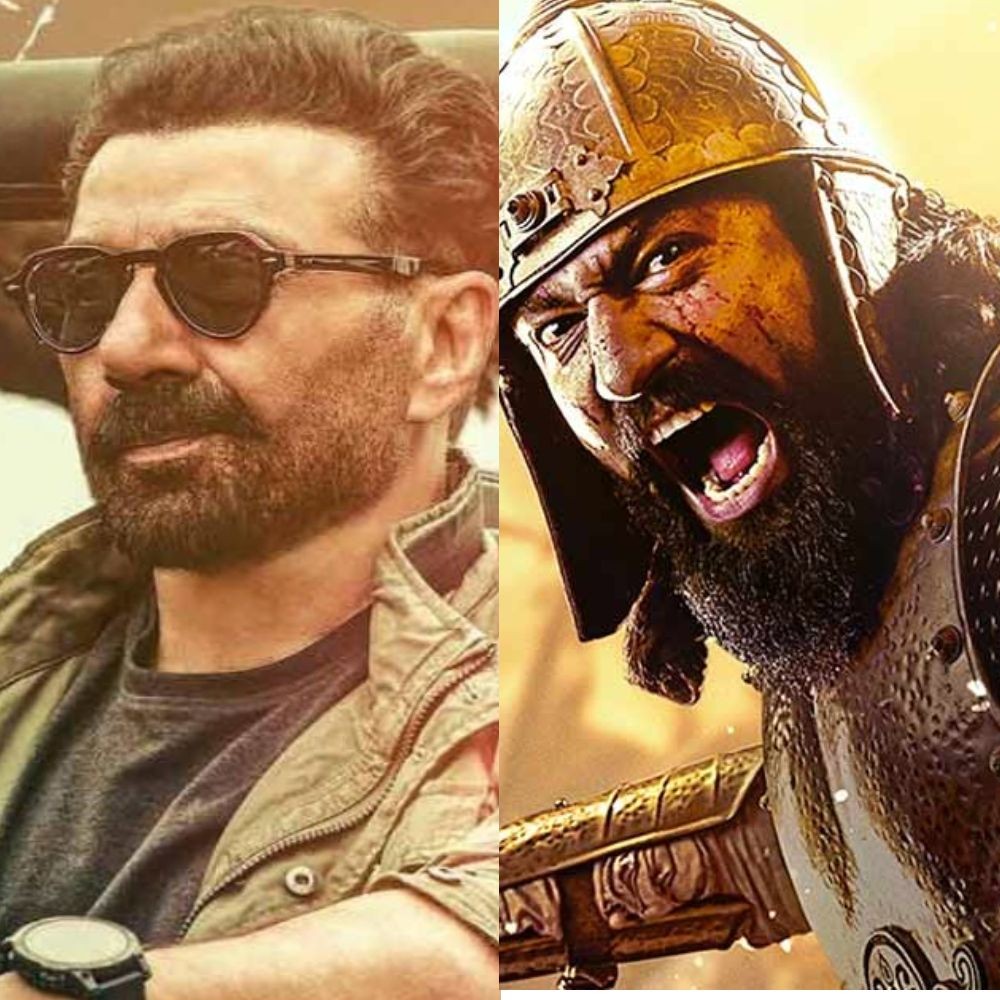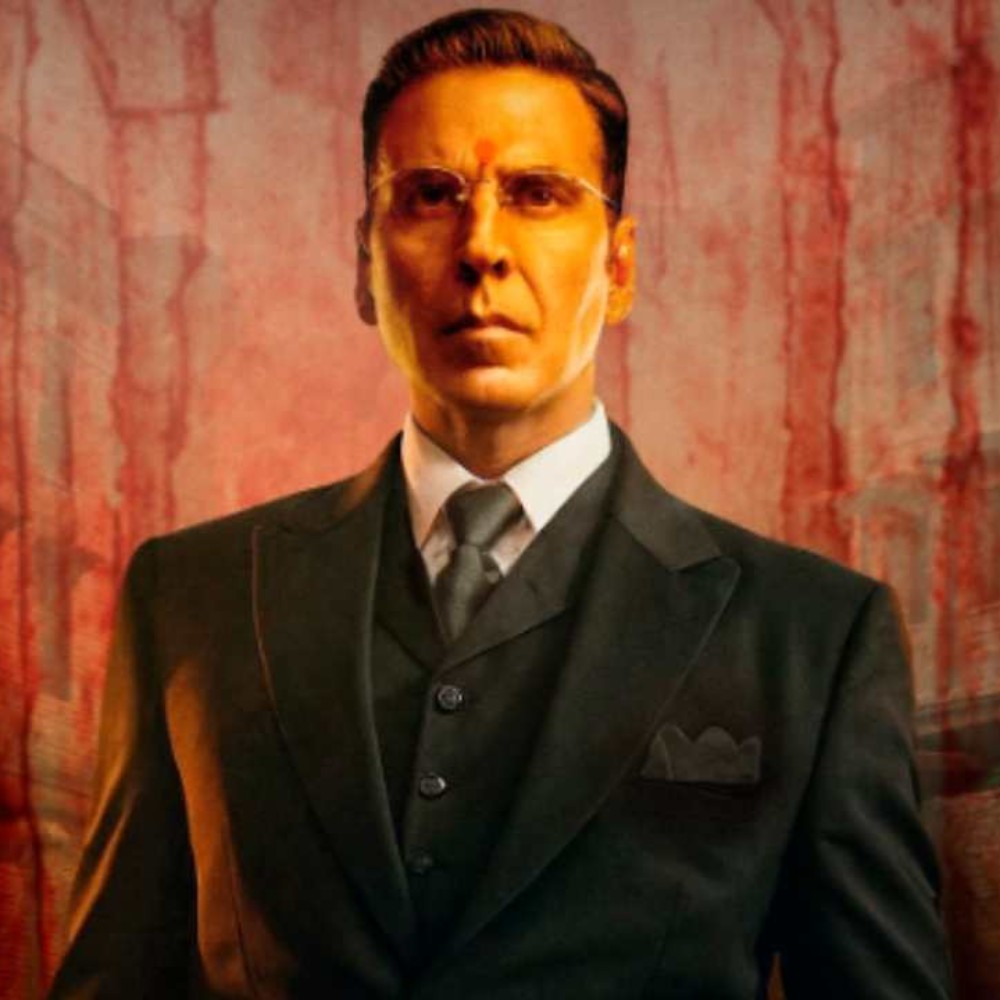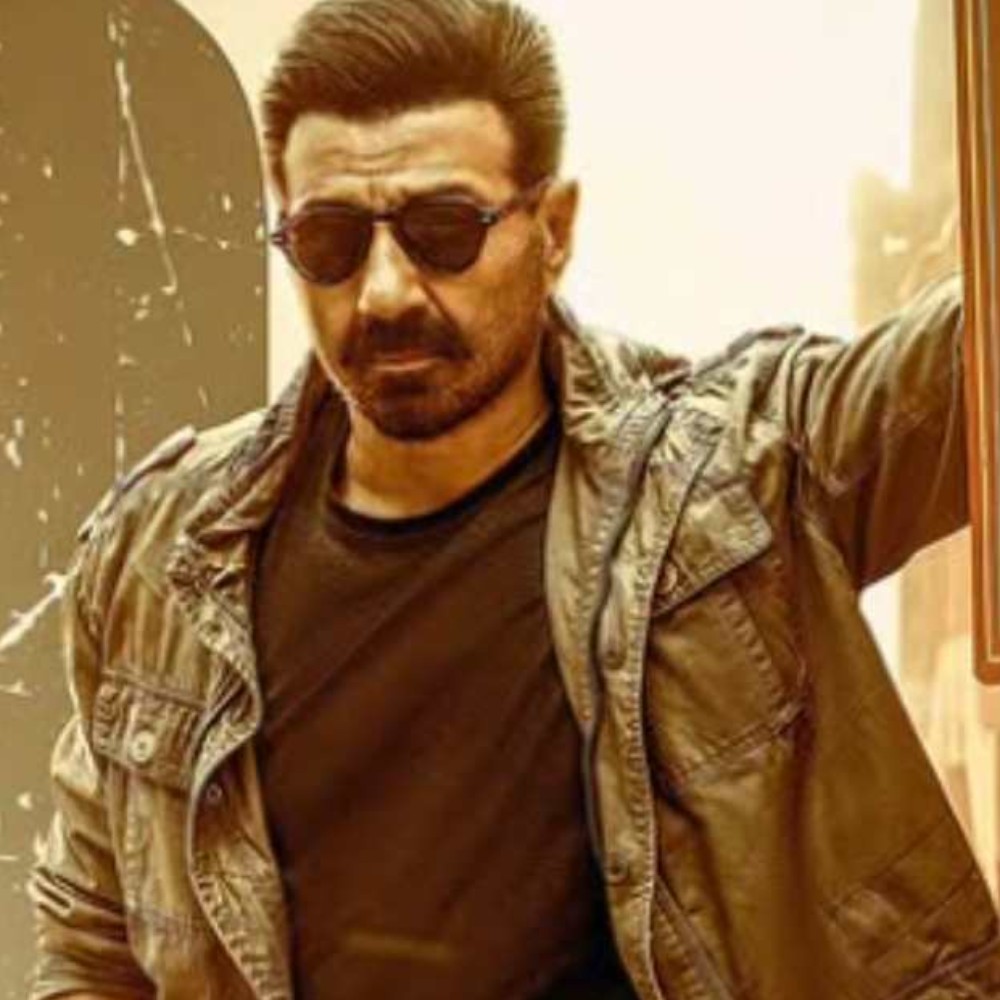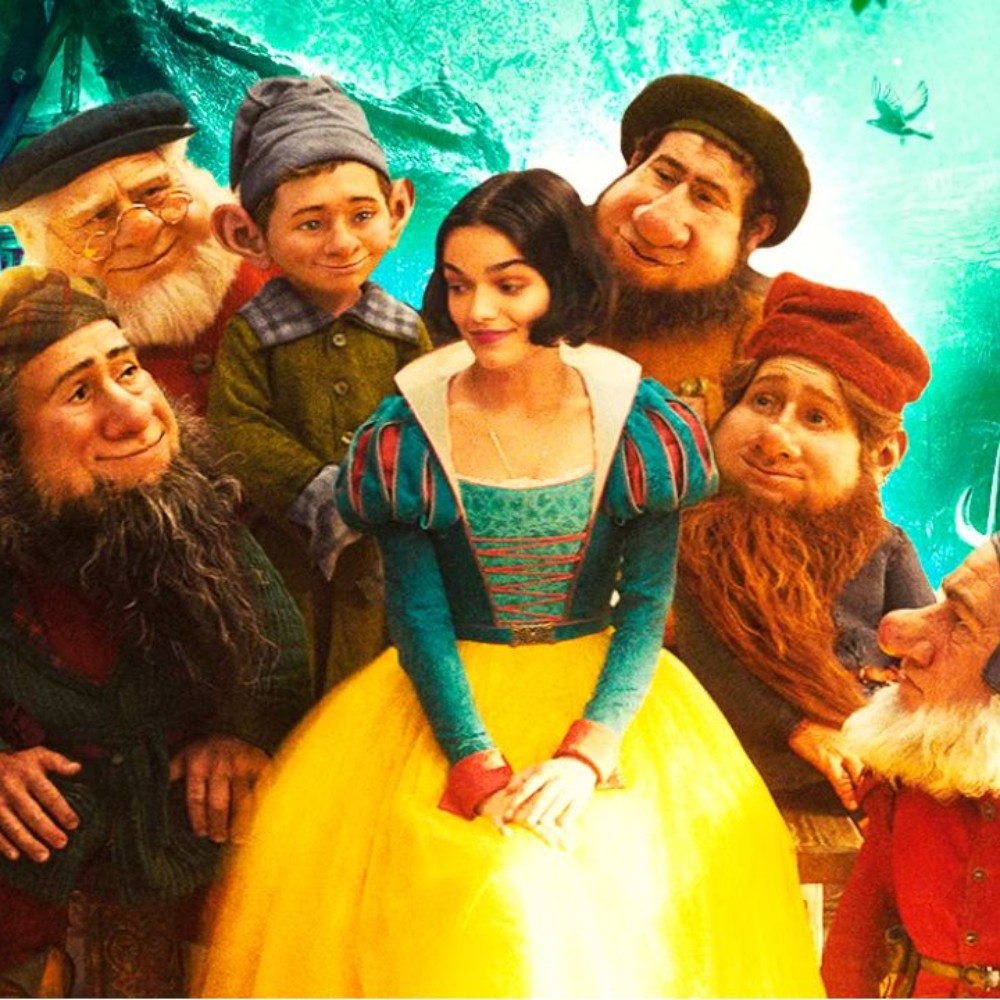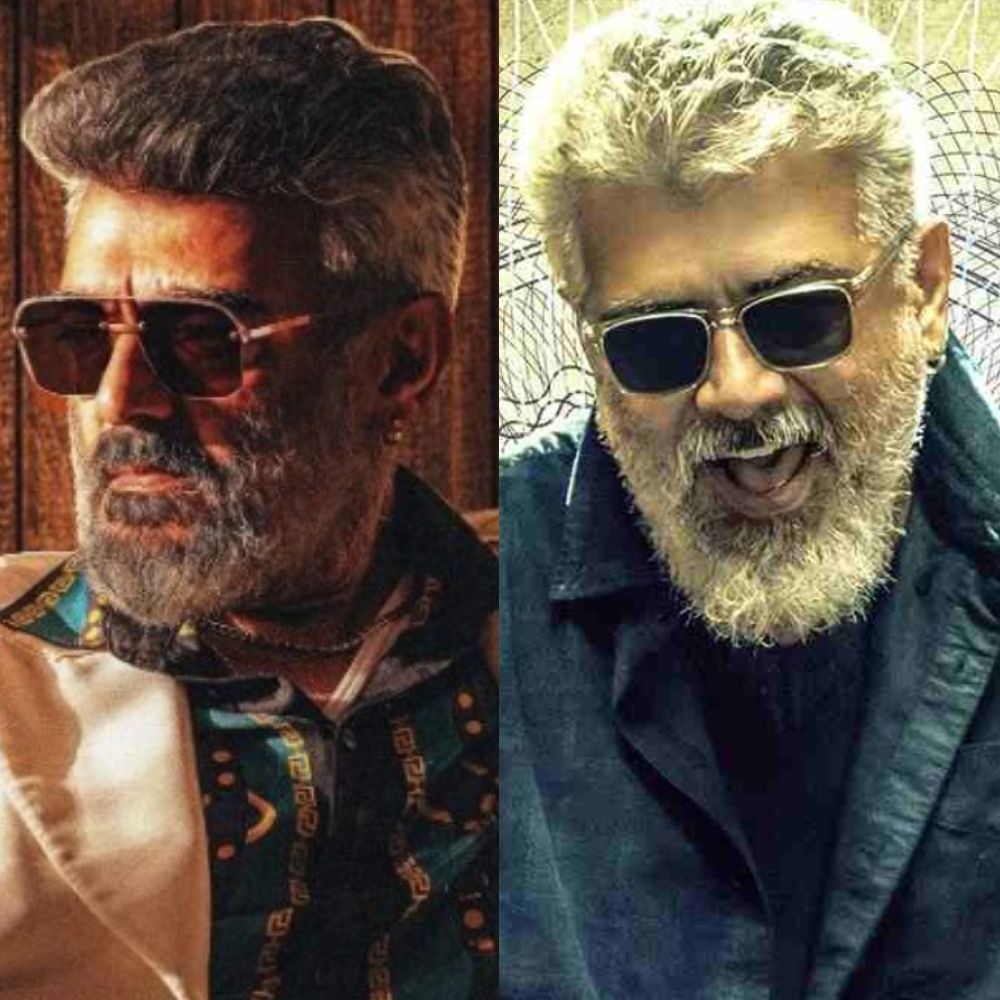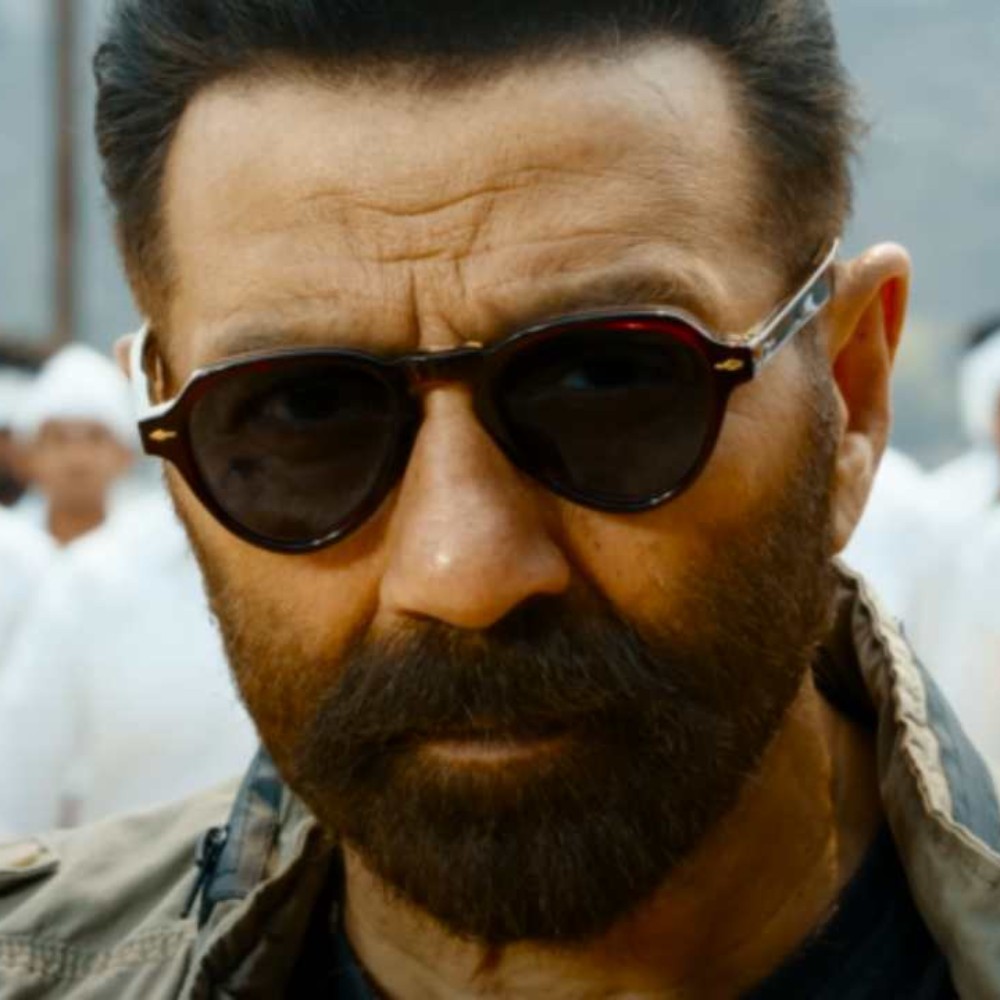Sunny Deol’s Jaat Box Office: A massy actioner that could have soared higher with the right ingredients
Here's Jaat's box office collections analysed from the point of view of a single screen exhibitor in Purnea, Bihar.
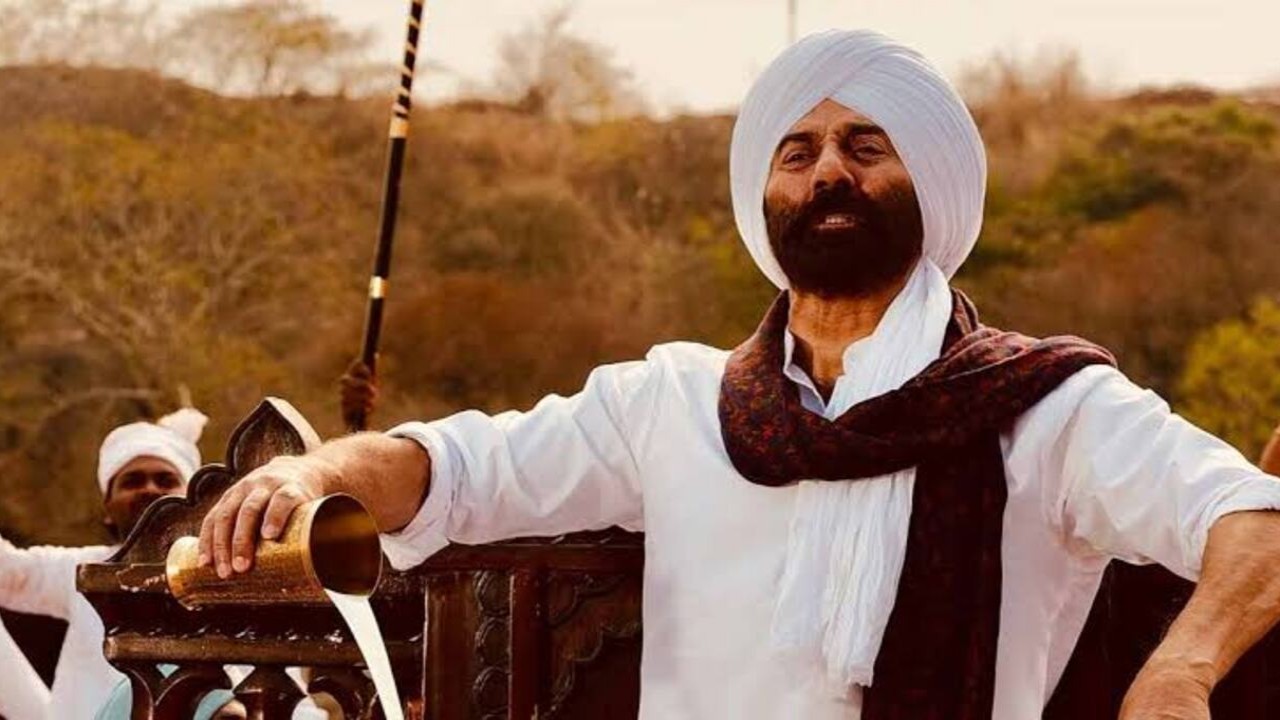
Sunny Deol’s latest theatrical outing Jaat had all the makings of a massy blockbuster. Right from the teaser drop, the buzz around the film began building. That first glimpse was a thunderous reminder of what a roaring Sunny Deol action vehicle looks like, and fans—especially in the heartland—were sold instantly. The trailer only amped up the hype, positioning the film as a rugged, rooted entertainer aimed squarely at the single-screen audience.
By the time the release came close, expectations had skyrocketed. Trade circles began floating opening day figures in the Rs 15–20 crore range—numbers that haven’t been associated with a non-franchise, non-multistarrer film in a while. However, despite the solid anticipation, Jaat opened at a more modest Rs 9.25 crore on Day 1. While not a poor start by any means, it was definitely below the potential the film had generated through its pre-release materials.
So, what held it back?
Let’s get this out of the way: Jaat had no heroine. And in a country where the mainstream audience still views cinema as a complete package—action, romance, drama, music—that omission cost the film dearly. A heroine brings not just glamour but an emotional arc, family connect, and most importantly, mass appeal across genders. This void meant the film had a sectional reach, catering mostly to the male audience in Tier 2 and Tier 3 cities, while alienating the urban and female demographic that now plays a crucial role in pushing films to Rs 200 crore+ club. It was surprising for me to see that Mythri Movie Makers, who are veterans in the masala space did not feel the need to add a strong female lead opposite Sunny Deol. It would have made the experience more satisfying and wholesome for a larger section of the audience. Giving the film a complete feeling.
Then there’s the music—or lack thereof. The soundtrack of Jaat failed to deliver even a single chartbuster. In the era of reels and audio virality, this was a major missed opportunity. The Urvashi Rautela item number, instead of being a massy foot-tapping draw, backfired. It was jarring in an otherwise raw, rooted narrative and ended up pushing away the very family audience the film needed. When a Sunny Deol film, designed for big-screen whistles and cheers, can’t boast of one hummable track, you know the basics haven’t been covered.
Now here’s the silver lining—and a significant one at that. Jaat had no other pull factor besides Sunny Deol. This wasn’t Gadar 3. It wasn’t a sequel. It didn’t ride on brand nostalgia. It was a standalone actioner banking entirely on one man—and at 67 years of age, Sunny Deol has proven beyond doubt that he still has the muscle to carry a film solo. That is nothing short of phenomenal in today’s day and age where most stars need an ensemble, a remake tag, or a festival date to pull in crowds.
Despite the urban apathy and lack of support from metro multiplexes, Jaat has done decent business in the mass belts, particularly in Punjab, Uttar Pradesh, Rajasthan, and parts of Bihar. After an opening 4 day weekend of approximately Rs 40 crore, the film is showing signs of stabilization with steady collections in single screens. By the end of its first week, it is expected to close around Rs 55-60 crore nett, with a lifetime range that could settle around Rs 80 crore depending on hold in the coming days.
Had the film been more “complete”—a leading lady, better songs, a stronger second half—the narrative would have been entirely different. A Rs 20 crore opening was absolutely achievable, and the Rs 125-150 crore nett mark wouldn’t have been out of reach either. This is a classic case of a film with solid core ingredients but missing some key commercial masala.
That said, Jaat has served a very important reminder: Jaat might not be a smash hit, but it’s a win for Sunny Deol and a telling lesson for makers chasing numbers without understanding audience pulse. Masses still love their larger-than-life heroes.
It also proves that Sunny Deol is still a viable star theatrically. He doesn’t need digital virality, fake PR, woke narratives, or crossover themes. What he needs is a platform to do what he does best—tear shirts, uproot handpumps, and speak for the common man with seetimaar dialogues. If filmmakers can give him that with the right packaging, we might be looking at a solid resurgence. With Border 2 and Lahore 1947 to follow, the ‘Dhai Kilo Ka Haath’ will be flexing its muscles at the desi boxoffice.





 JOIN OUR WHATSAPP CHANNEL
JOIN OUR WHATSAPP CHANNEL